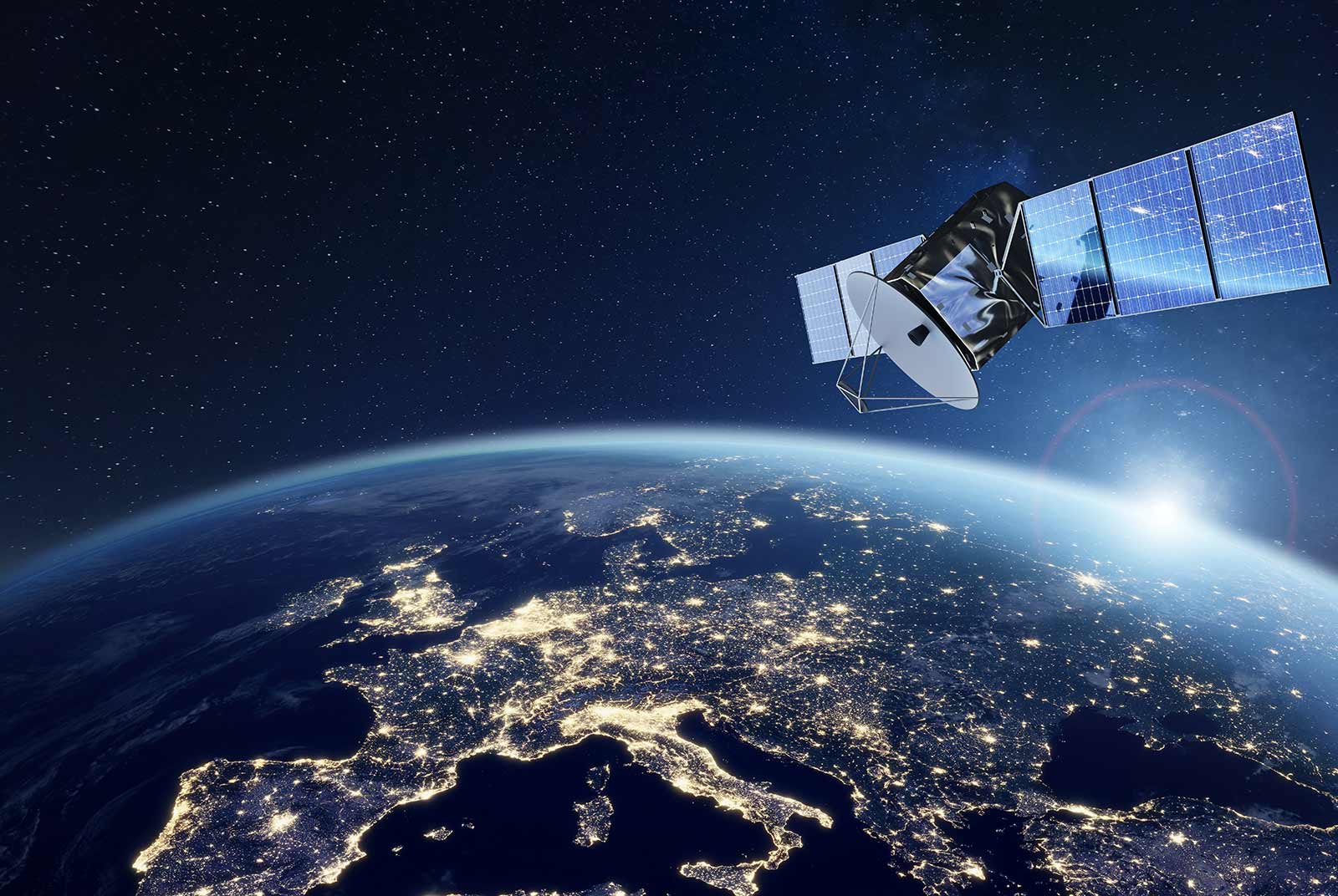In an age where global connectivity is as essential as electricity, Taiwan’s quest to establish its satellite network is a bold stride toward technological sovereignty and security. This initiative, far from a mere technical challenge, underscores a strategic maneuver in the complex geopolitics of today’s world, especially under the looming shadow of China’s assertive posture and the global dominance of Elon Musk’s Starlink satellite internet service.

Taiwan: The Drive for Independence
Taiwan’s decision to develop its satellite network emerges from a critical need to secure its communications infrastructure against potential threats and dependencies. The island democracy, situated a mere 80 miles from China’s coast, faces constant reminders of its vulnerable position—ranging from cyberattacks to the physical risks posed to its undersea internet cables by nearby maritime traffic.
The urgency of this endeavor was amplified by the stark realities observed during the conflict in Ukraine, where reliance on Starlink revealed the strategic implications of depending on a foreign, privately controlled satellite network for critical communications during crises.
Starlink, operated by Elon Musk’s SpaceX, has revolutionized global internet connectivity, providing crucial links for military operations, disaster response, and remote areas. Yet, its market dominance and Mr Musk’s extensive business ties with China have spurred concerns in Taiwan about the reliability and security of outsourcing its communications backbone to a foreign entity.
This concern is not unwarranted, given the strategic leverage such dependencies could offer Beijing, particularly in scenarios where Taiwan’s political status and security are at stake.
Taiwan was not born yesterday https://t.co/3TQMymIEDN
— Kara Swisher (@karaswisher) March 15, 2024
A Leap into the New Frontier
Taiwan’s ambitious plan involves launching its first communications satellite by 2026, followed by a series of additional satellites to form a homegrown network.
This project is not just about ensuring secure and reliable communication; it’s a testament to Taiwan’s foresight in recognizing the strategic value of space technology. Investing $1.3 billion in this initiative, Taiwan aims not only to reduce its vulnerability but also to position itself as a key player in the burgeoning space industry.
The island’s venture into space is propelled by its world-leading capabilities in semiconductors and electronics manufacturing. Leveraging these strengths, Taiwan is poised to make significant contributions to the satellite technology sector, potentially echoing its transformative impact on the global semiconductor industry.
This initiative also reflects a broader trend of nations and corporations recognizing the strategic importance of space, as evidenced by other high-profile projects like Jeff Bezos’ Blue Origin and the British government-backed OneWeb.

Beyond the Horizon
While the path to establishing an independent satellite network is fraught with challenges, from the technological hurdles of space launches to the financial costs involved, Taiwan’s resolve highlights a crucial aspect of modern statecraft: the intersection of technology, security, and international politics.
By developing its satellite network, Taiwan is not just seeking to safeguard its communications; it’s asserting its place in the global community, demonstrating that resilience and innovation can navigate the uncertainties of the 21st century.
In the face of escalating tensions and technological dependencies, Taiwan’s satellite project is a beacon of strategic autonomy and a bold statement of its commitment to safeguarding its future. As this island democracy reaches for the stars, it sets a precedent for other nations to follow, underscoring the critical role of technology in shaping the geopolitical landscapes of tomorrow.










